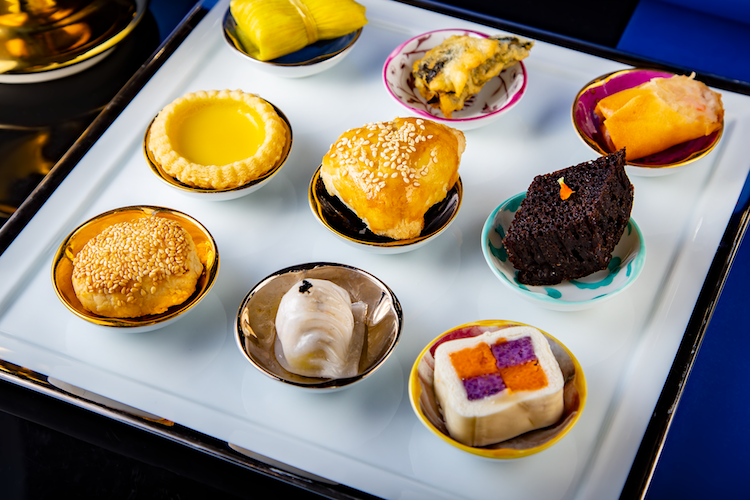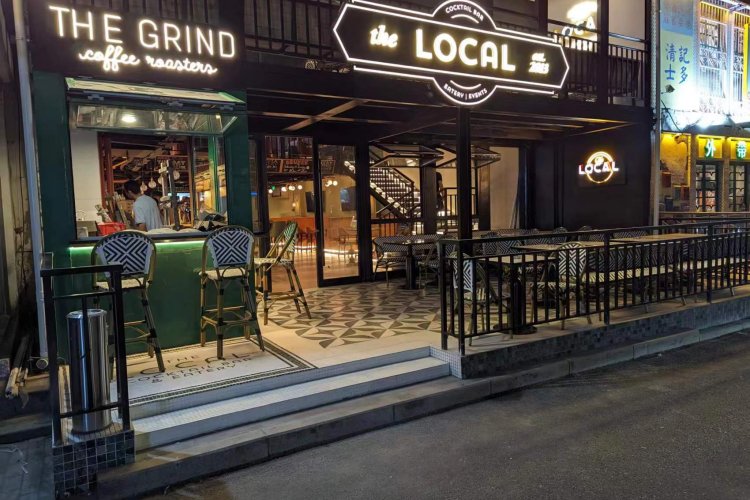Another take on this evening, from Shane Crombie via Beijing Boyce:
http://www.beijingboyce.com/2009/04/29/kitchen-kingpins-three-restauranteurs-talk-about-succeeding-in-beijing/
“We learned that Gaby Alves (SALT) was once a pro volleyball player in Brazil and sold bread from the back of a motorcycle, that Fred Lin (Bellagio) grew up in the Pacific island of Guam, worked for his family’s furniture and lighting business, then heard the call of big city life and joined a small restaurant business in China that now has more than 1000 employees, and that Bob Boyce (Blue Frog), who studied Mandarin in the mid-1990s, worked for a moving company in Guangzhou and then ended up in Shanghai where he decided to tackle, on his own terms, the shortage of good Western fare there.“Opening a restaurant is a high risk venture in any market, and each of the speakers recounted scary moments along the way. After the closing of the Shanghai street on which his first establishment was located, Bob Boyce managed to keep his place open by convincing the police that he was doing a dinner for the British High Commissioner, while Lin remembers the “chicken and egg” challenge of obtaining a business license and safety permit when one was needed to get the other. Meanwhile, Alves had to wait nine months to get her license.
“The 437-kuai question on the night was what each saw as the key to success. Alves mentioned the introduction of a set menu and a focus on quality produce, Lin talked about providing simple Chinese food that “you can’t get mad at”, and Boyce emphasized the role of service with a smile and a focus on the needs of foreigners. It sounds simple, doesnt it? Roll the dice, take a few knocks, and hey, presto, you are a big success. Not so fast.
“What each speaker had in common was a recognition of the overarching role that staff development and training plays in each of their businesses. From Alves providing accommodation for her staff to Lin building a dedicated employee training centre to Boyce developing a phone book-sized training manual, each has invested significant working capital in empowering their employees to succeed. If you want to emulate the success of these culinary pioneers, expect to dedicate yourself every day to the recruitment and retention of great people.
“PS: In case you were wondering, the waittresses at Bellagio have those short haircuts for hygeine reasons, and this extends to the kitchen, where the policy first began, and cleaning staff."






